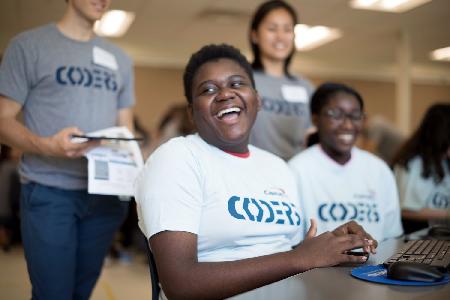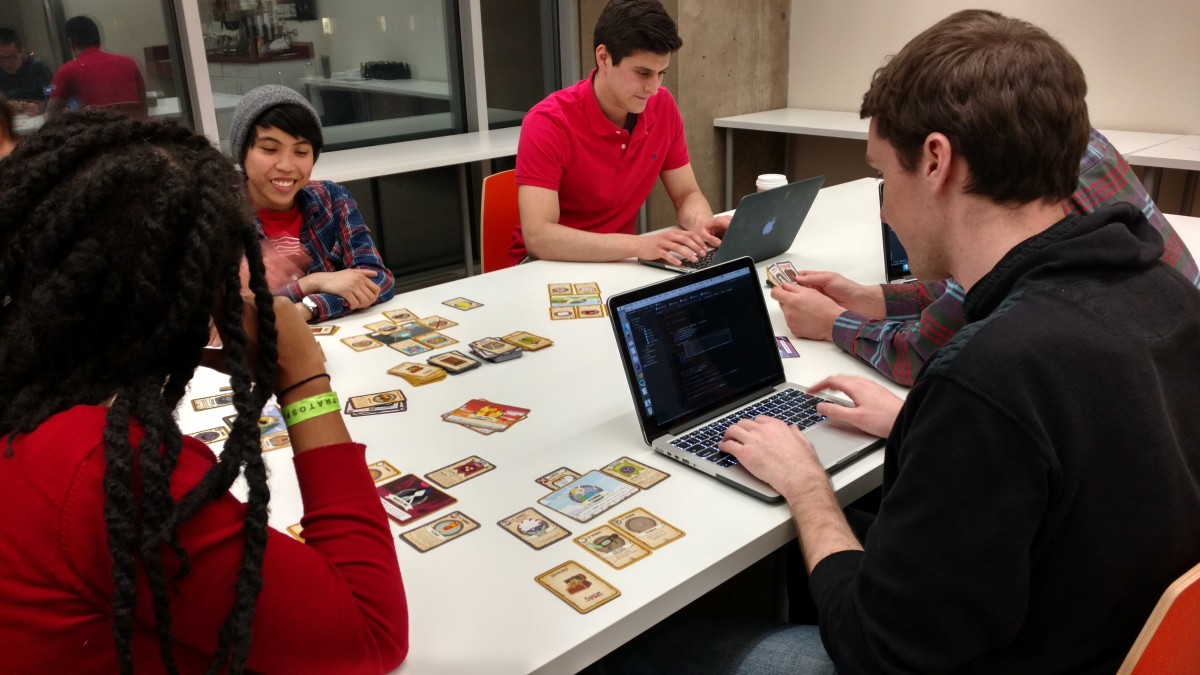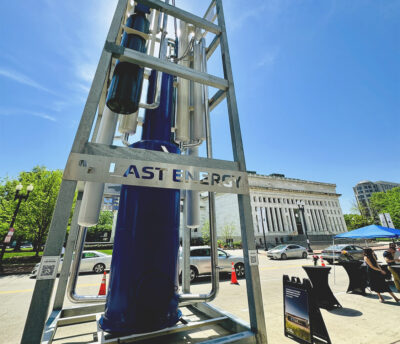The D.C. Council gave final passage on Tuesday to a budget measure that would increase taxes on rides from services like Uber and Lyft.
The gross receipts tax increase will rise from 1 percent to 6 percent, amounting to 60 cents on a $10 ride. It was one in a series of tax increases that will help the District pay for its share of a long-term deal to fund Metro, which is $178.5 million.
Mayor Muriel Bowser initially proposed a 4.75-percent increase, but the Council proposal that got first passage in March raised it to the final level. Bowser indicated she would approve the final measure, according to NBC4.
The increase was opposed by Uber and Lyft. The latter held rallies and helped organize a letter-writing campaign.
Councilmember Brandon Todd of Ward 4 wrote on Twitter he was pleased that the Council provided funding for Metro, however, he said, “I would be remiss if I did not mention my disappointment with ridesharing taxes.” He said he was “inundated” with emails on the proposal, and is working on another bill that would separate drivers who accept pooled rides.
I would be remiss if I did not mention my disappointment with ridesharing taxes. Inundated with emails from DC residents, I worked all week to find a way to address their concerns. We will be moving forward today, but this does not close our options for the future.
— Brandon T. Todd #StayHomeWard4 (@CMBrandonTodd) June 26, 2018
“In 2 weeks, I will introduce a bill that eliminates the flat tax on rideshare. DC residents made it clear that they care about this issue & we need to give it the attention it deserves. We should have a hearing & let advocates, stakeholders & residents make their opinions known.” Todd wrote.
Before you go...
Please consider supporting Technical.ly to keep our independent journalism strong. Unlike most business-focused media outlets, we don’t have a paywall. Instead, we count on your personal and organizational support.
3 ways to support our work:- Contribute to the Journalism Fund. Charitable giving ensures our information remains free and accessible for residents to discover workforce programs and entrepreneurship pathways. This includes philanthropic grants and individual tax-deductible donations from readers like you.
- Use our Preferred Partners. Our directory of vetted providers offers high-quality recommendations for services our readers need, and each referral supports our journalism.
- Use our services. If you need entrepreneurs and tech leaders to buy your services, are seeking technologists to hire or want more professionals to know about your ecosystem, Technical.ly has the biggest and most engaged audience in the mid-Atlantic. We help companies tell their stories and answer big questions to meet and serve our community.
Join our growing Slack community
Join 5,000 tech professionals and entrepreneurs in our community Slack today!






